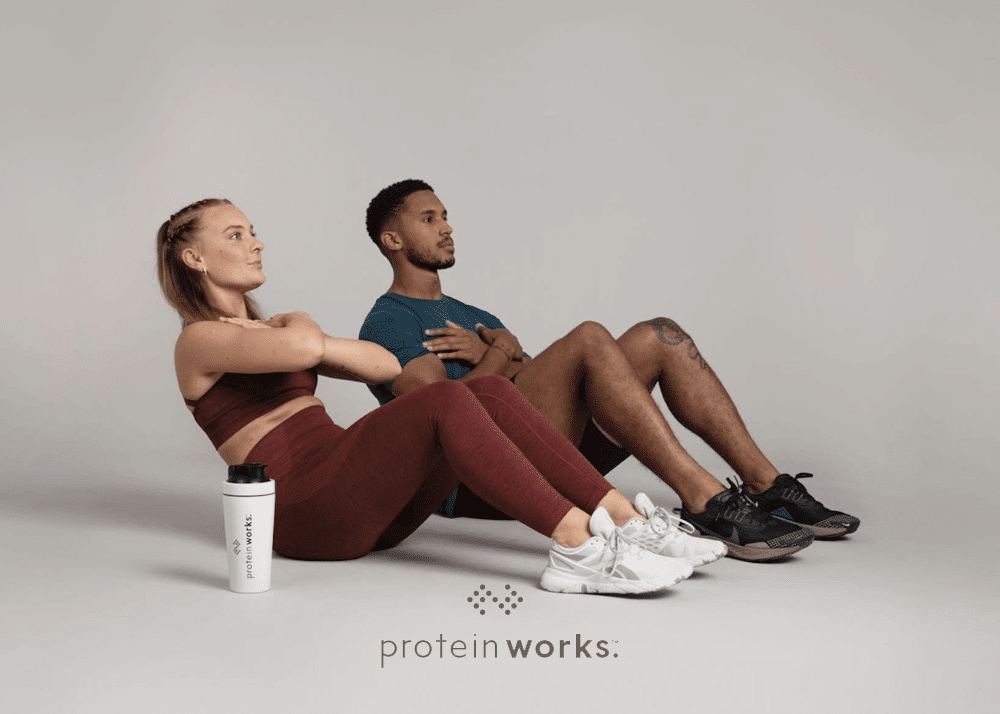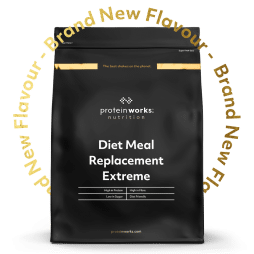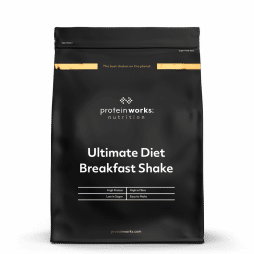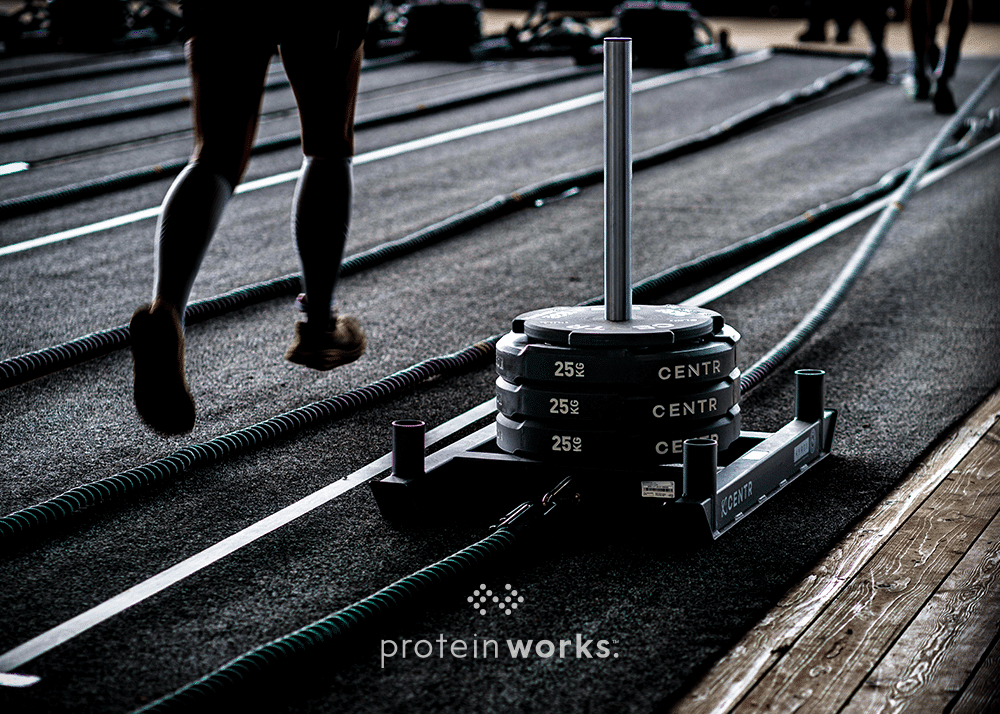
6 Tips on How To Lose Weight Safely
Weight loss is one of the most common goals we hear about all year round. Whether it’s New Year or approaching summer, many of us take these opportunities to set out some lifestyle changes and start making healthier choices.
Below, we are going to cover the key points of calories, training and supplementation, so you have the know-how on losing weight, not only properly, but safely too – which means not a fad diet in sight.
Discover our tips on how to lose weight safety here…
1. Counting Calories
Your body drops fat when the number of calories consumed is lower than the number being burnt – knows as the Law of Thermodynamics.
Everyone has an individual base number of calories they burn each day, known as the Basal Metabolic Rate (BMR). Basically, the number of calories your body burns just to function. Let’s say its 2,000 kcal.
On top of this you have your calories burned through exercise, plus your Non Exercise Activity Thermogenesis (NEAT).
In this case, let’s go with 200 kcal (Exercise) + 800 kcal (NEAT)
Add all the above together and you get the magic number, your Total Daily Energy Expenditure (TDEE).
In this case, its 2,000 (BMR) + 1,000 (NEAT + exercise) = 3,000 calories (TDEE).
And there we have the formula needed for successful fat loss.
Going with the example above, a person would need to eat below 3,000 calories (maintenance calories) to start losing weight.
You can find out your specific calorie needs, simply by using an Online Calorie Calculator.
2. Managing your Calorie deficit safely
Your aim should be to create the smallest deficit possible whilst still achieving fat loss results. This usually means a deficit of 100-300 below your maintenance calories.
This has two benefits. Firstly, it keeps your food intake higher, which will keep you feeling full and thus making the whole experience a lot more enjoyable.
Secondly, it gives you more room to play with going forward. Start with too big a deficit and you’ll have no calories to further reduce once your body becomes accustomed and stops dropping the pounds.
If you don’t know where to start with this, you can create your own calorie deficit with our guide.
4. Keeping on the right track
Knowing how many calories you burn is only half the battle. Next is the trickier part, tracking your calorie intake.
Using an app such as MyFitnessPal is a great place to start as it lets you input all the food you’re eating into a database, and even better it does all the maths for you. It even gives you a breakdown of your Macronutrient split if you want to get all geeky with your nutrition.
5. Training
When it comes to training for fat loss you want to focus on being the tortoise, not the hare.
It’s all too common for people to attack their fat loss attempts with a sprint start, only to lose enthusiasm and consistency because they’ve done too much too soon, and in the process, burnt themselves out.
Its cliché, but remember weight loss is a marathon, not sprint. Take your time and enjoy the process of making small but significant changes week-by-week and month-by-month.
When it comes to training, there is no “best way” to go about it per say, but there are couple of points that we think you should follow in order to give yourself the best chance of achieving results.
Incorporate weight training
Stepping foot into the weights area of the gym may seem like something left for those looking to bulk up, but weight training is actually one of the best ways to boost fat loss, not to mention its many other health benefits (1)
Incorporating weight training into your workouts, especially the likes of deadlifts and squats, will have you torching through calories and boosting your metabolism all in one go.
For best calorie burning results, use a combination of both heavy, low rep sets as well as incorporating weightlifting movements into cardio based sessions, such as Tabatas.
Make it enjoyable
The secret to long term fat loss results, is doing a form of exercise that you enjoy. If you hate cycling but decide to sign up to a spinning class to achieve your goal, we’ll you’re only going to be spinning your wheels, until you inevitable drop out.
On the other hand, if you’re a boxercise or dancing fanatic, you’ll be counting down the days until you can get back to class and get into action.
Choose a form of exercise you enjoy, you’ll not only put in extra effort, but you’ll also stick with it long term.
6. Supplements
As you read above, calories are the king when it comes to weight loss, however the below supplements can give us a helping hand.
Protein Powders
Having a diet protein shake to hand is a quick and easy way to keep your protein intake high when dieting. Great for keeping you feeling fuller for longer (2)
Caffeine
Caffeine products like out Endless Coffee or Protein Coffee Coolers are great for weight loss. By helping boost your metabolism by 3-11%, (3) and increasing fat burning by 29% (4), a caffeine supplement, such as Thermopro Burn can be an effective tool in helping aid fat loss.
Research has also shown it to reduce the feeling of fatigue and increase focus, which will help you to keep pushing through workouts. (5)
The Take Home
Achieving safe and sustainable weight loss is a journey that requires dedication, patience, and informed choices. We’ve explored valuable insights and practical tips to help you on your path to a healthier lifestyle but remember, it’s not just about shedding pounds but about cultivating lifelong habits that promote overall well-being.
Prioritise balanced nutrition, regular physical activity, and mental wellness, and always consult with healthcare professionals before embarking on any weight loss program.
By making gradual, sustainable changes and embracing an informed approach to health, you can reach your weight loss goals while safeguarding your body’s well-being. Your journey to a healthier you starts now – take the first step towards a brighter, healthier future!
References
- Westcott WL. Resistance training is medicine: effects of strength training on health. Curr Sports Med Rep. 2012;11(4)
- Paddon-Jones D1, Westman E, Mattes RD, Wolfe RR, Astrup A, Westerterp-Plantenga M. Protein, weight management, and satiety. The American Journal of clinical nutrition. 2008 May;87(5)
- Dulloo AG, Geissler CA, Horton T, Collins A, Miller DS. Normal caffeine consumption: influence on thermogenesis and daily energy expenditure in lean and postobese human volunteers. Am J Clin Nutr. 1989;49(1)
- Bracco, J. M. Ferrarra, M. J. Arnaud, E. Jequier, and Y. Schutz, Effects of caffeine on energy metabolism, heart rate, and methylxanthine metabolism in lean and obese women, American journal of physiology, 1995
- Penetar D, McCann U et al., Effects of Caffeine on Cognitive Performance, Mood, and Alertness in Sleep-Deprived Humans, National Academies Press, 1994








No Comments yet!